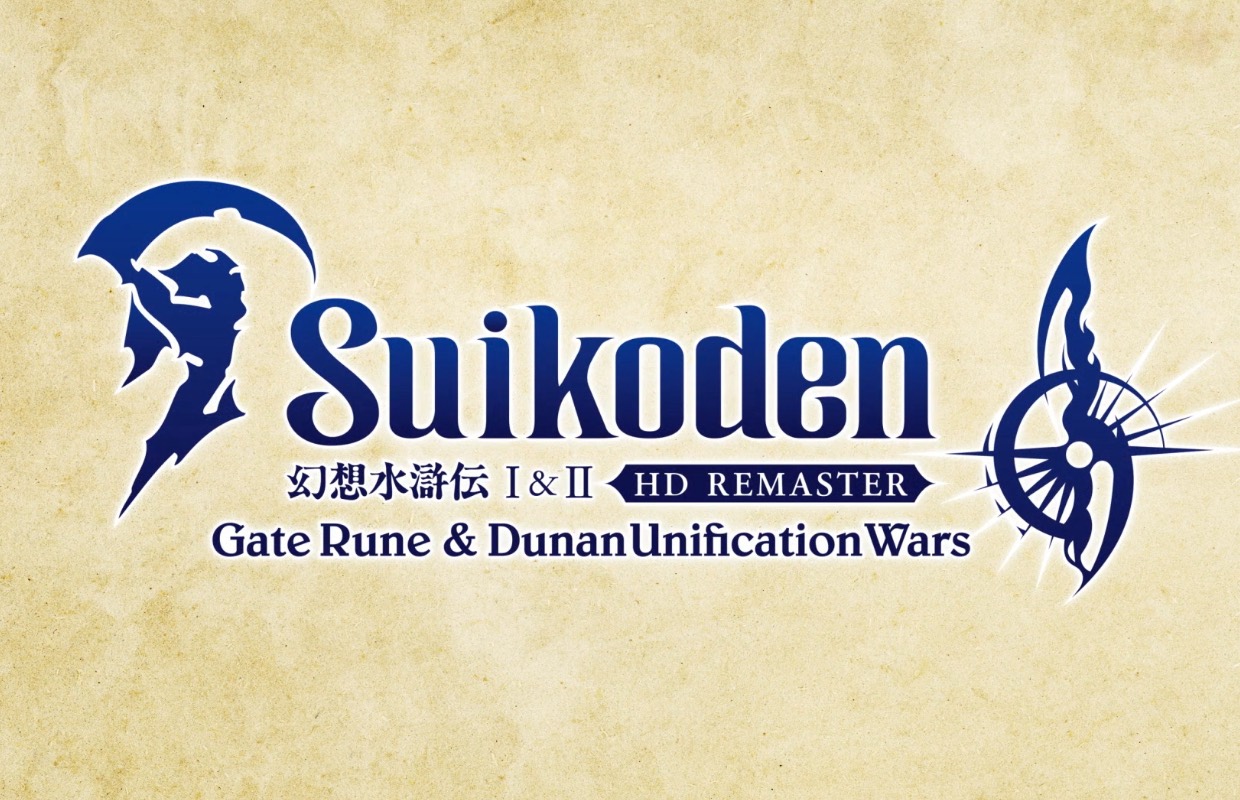Castle of Blackwater Preview – Don’t trust anyone or die, of fun!

As an avid Among Us player, you’ll grasp the fundamental gameplay structure, but Castle of Blackwater takes it to another level with innovative additions. One aspect that really caught my attention was the high degree of character customization – apparently I’m not the only one who enjoys accessorizing with a fish! How did they read my mind?








